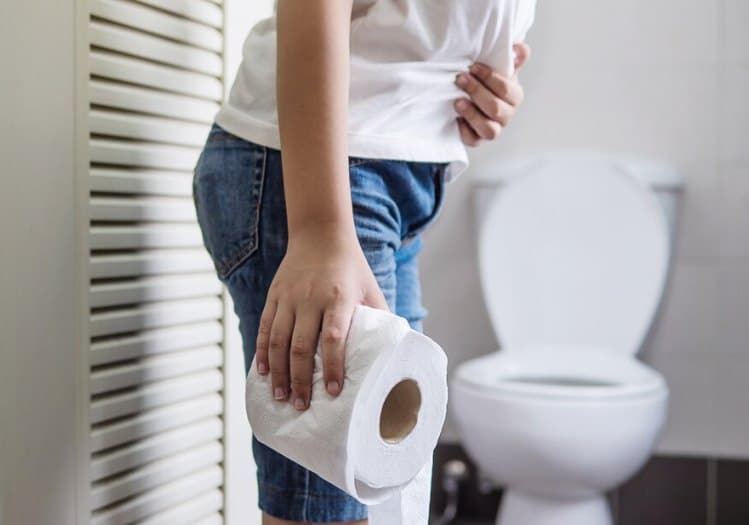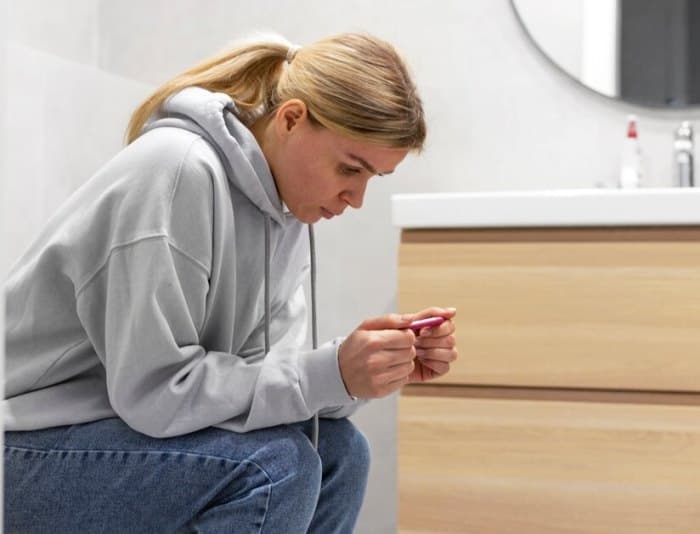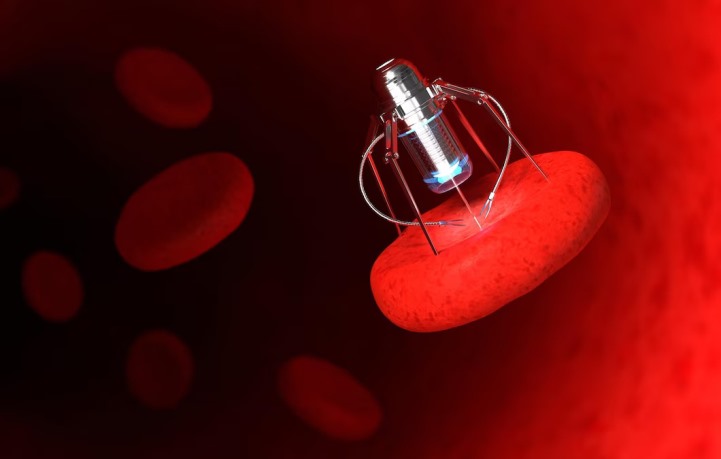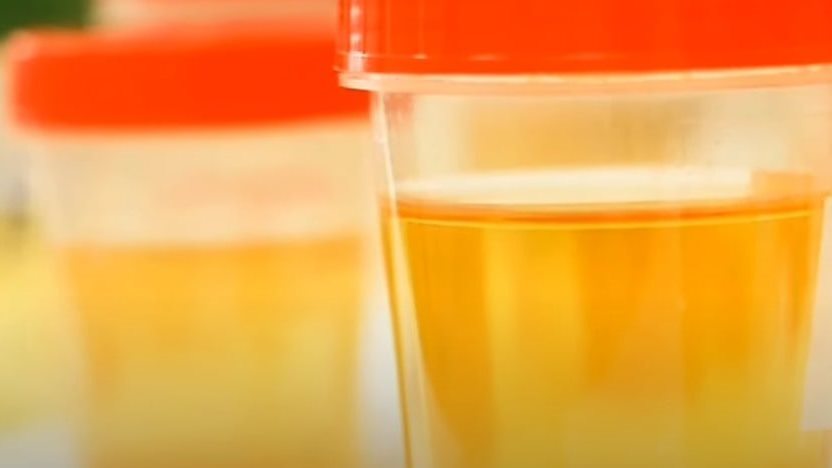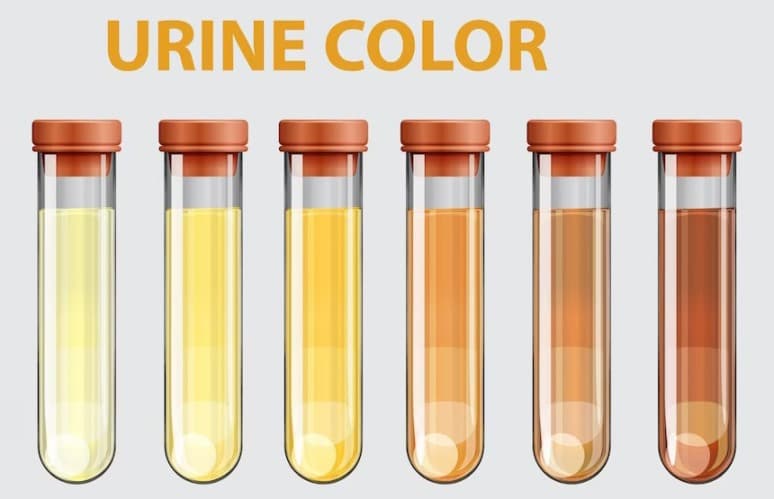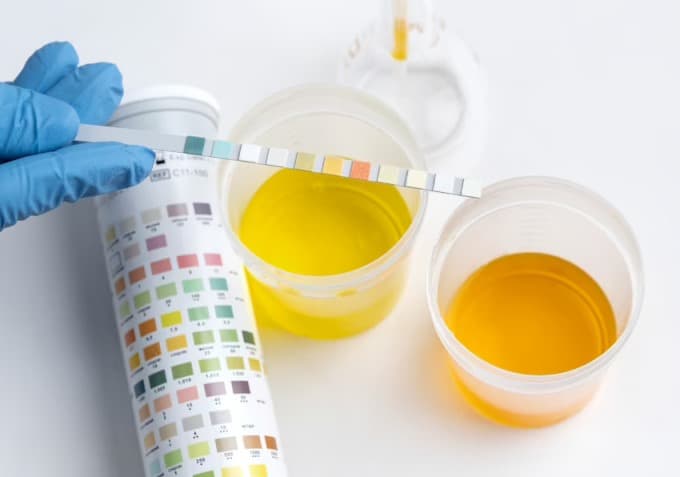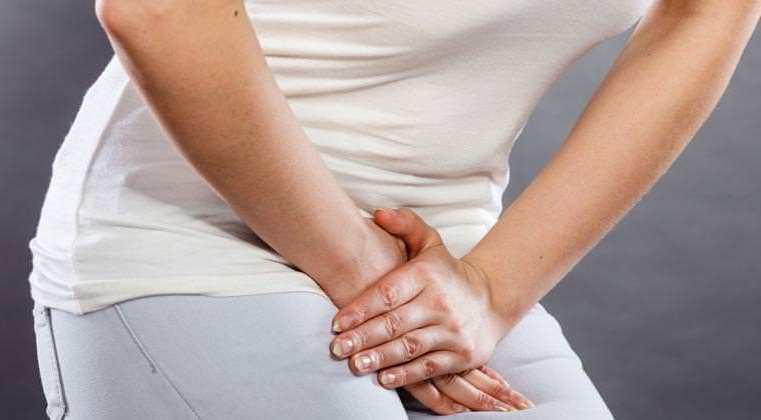A healthy bowel movement consists of well-formed, sausage-shaped stools that are easy to pass. However, when the diet lacks fiber, the stool becomes hard and difficult to pass, leading to the formation of small, round balls in the poop. This can be uncomfortable and may also indicate an inadequate intake of dietary fiber.
Fiber plays a crucial role in adding bulk to the stool, which helps it retain water, making it softer and easier to pass. When the body lacks fiber, the stool becomes compacted and takes on a pellet-like form.
We will investigate the reasons behind little round balls in poop, providing helpful insights for individuals who may be experiencing this condition.
